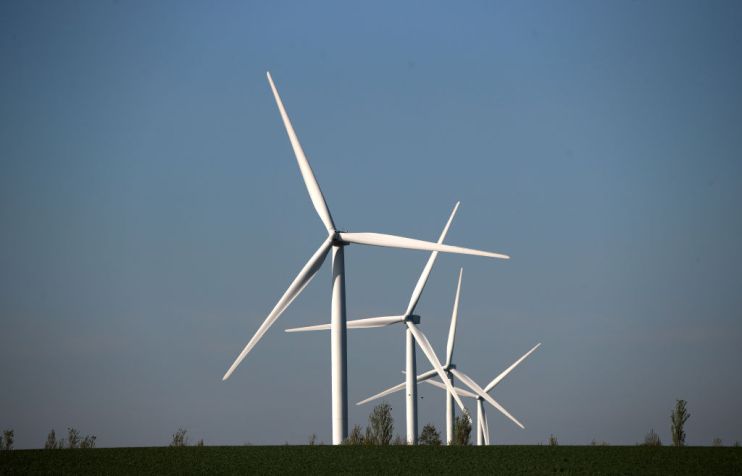Global renewable energy growth to fall for first time in two decades

The growth in new renewable energy capacity will slow for the first time in two decades, the International Energy Agency (IEA) has found, due to the ongoing coronavirus crisis.
In a new report, the IEA found that around the world, countries and contractors will build fewer wind turbines and solar plants, with lockdown measures limiting construction activity.
In total, 167 gigawatts of renewable power will be added in 2020, down 13 per cent on the previous year.
A single gigawatt of power is enough to power roughly 750,000 homes.
However, the report said that the slowdown was likely to be a blip, rather than the beginning of a downward trend, with growth expected to rebound six per cent in 2021.
Europe will be the hardest hit market, with new capacity installed expected to fall a third after a bumper year in 2019.
The IEA’s director Fatih Birol said: “Countries are continuing to build new wind turbines and solar plants, but at a much slower pace.
“Even before the Covid-19 pandemic struck, the world needed to significantly accelerate the deployment of renewables to have a chance of meeting its energy and climate goals”.
The report comes after a study yesterday showed that total carbon emissions could fall up to seven per cent this year due to the lockdown measures most countries have been employing.
According to a study published in the journal Nature Climate Change, in early April carbon emissions fell 17 per cent due as road and air travel slumped dramatically.
However, scientists warned that as countries begin to emerge from lockdown, people could begin to use their cars more frequently due to lingering health concerns.
Birol said: “Amid today’s extraordinary health and economic challenges, governments must not lose sight of the essential task of stepping up clean energy transitions to enable us to emerge from the crisis on a secure and sustainable path.”